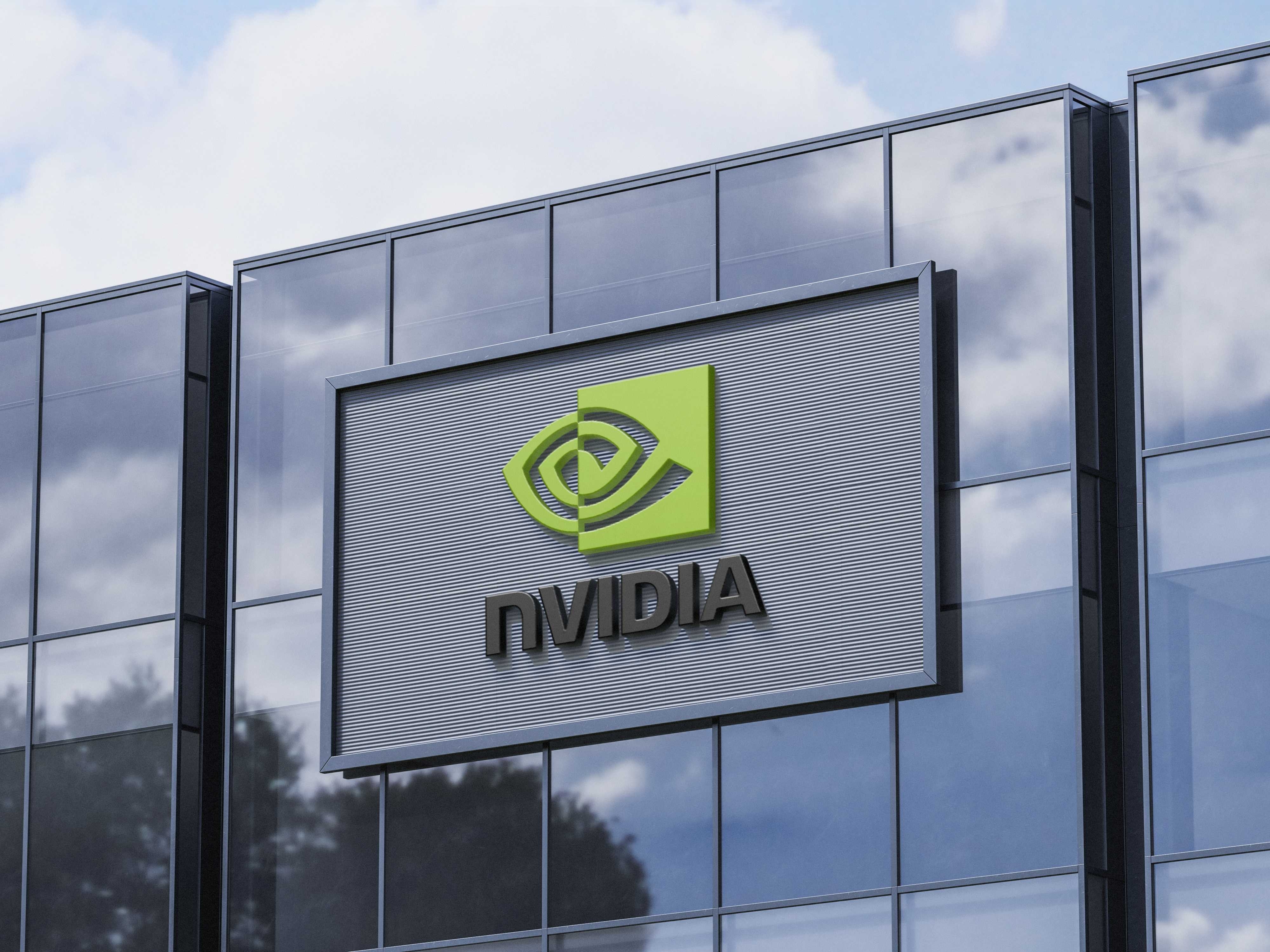Nvidia and a Huawei subsidiary shared a building - and now it's being probed for Chinese espionage
Futurewei held the same space as Nvidia for years

- Lawmakers claim Futurewei, a US-based R&D firm, is actually a Huawei subsidiary and shared office space with Nvidia for over a decade
- They argue this co-location gave Futurewei access to sensitive US semiconductor and AI technologies, and cite past incidents of deceptive behavior
- Officials are demanding documents on Futurewei’s ties to Huawei and its office location choices, while Nvidia insists its operations remain isolated
An alleged Huawei subsidiary in the US is at the center of espionage talks once again, as news emerged that it shared a building with Nvidia.
Bloomberg claims two US lawmakers - Republican Chairman John Moolenaar, and Democratic Ranking Member Raja Krishnamoorthi of the House Select Committee on China, sent a letter to Futurewei - a research and development company focused on advancing information and communications technology (ICT).
Futurewei was founded in 2001 in Santa Clara, California, and has around 400 employees. Officially, it’s a US-based R&D company, but in the letter, the two lawmakers said it was actually a subsidiary of Huawei, citing a May 2025 filing document.
Huawei, Futurewei, and blacklists
They also asked Futurewei to explain why it shared buildings with Nvidia, claiming it went on for at least a decade. They also argued that Futurewei held the prime lease on three buildings at the site, before Nvidia took over in 2024.
“This co-location provided Futurewei unprecedented access to America’s most advanced semiconductor and AI capabilities,” the letter reads. They also stressed that Futurewei’s employees snuck into a Facebook summit in 2018, despite Huawei being banned from it, by having employees register under fake US firms.
The lawmakers are now asking Futurewei to hand over all paperwork related to its Huawei ties, as well as to provide documents related to how the company ended up picking that exact spot for its offices.
At the same time, Nvidia told the publication that it essentially doesn’t matter who is next to it: “Even where we have neighbors, we maintain a separate Nvidia-only campus.”
Sign up to the TechRadar Pro newsletter to get all the top news, opinion, features and guidance your business needs to succeed!
Huawei was famously blacklisted in the US during the first Trump presidential term. At the time, the US was building out its 5G infrastructure and the Trump administration argued that Huawei could be pressured by the Chinese government to install backdoors and enable cyber-espionage. Huawei, as well as the Chinese government, denied these accusations as utterly baseless.
You might also like
- China planning its own blacklist after Huawei ban
- Take a look at our guide to the best authenticator app
- We've rounded up the best password managers
Sead is a seasoned freelance journalist based in Sarajevo, Bosnia and Herzegovina. He writes about IT (cloud, IoT, 5G, VPN) and cybersecurity (ransomware, data breaches, laws and regulations). In his career, spanning more than a decade, he’s written for numerous media outlets, including Al Jazeera Balkans. He’s also held several modules on content writing for Represent Communications.
You must confirm your public display name before commenting
Please logout and then login again, you will then be prompted to enter your display name.